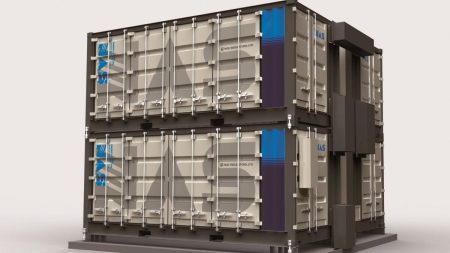
*Even as power generation increases by meager 0.8%
OpeOluwani Akintayo
Lagos — A report relaying the power sector’s operational performance in the first quarter has said the available plant generation units declined to 61 in the first quarter of this year from the daily average of 72 recorded in the last quarter of 2018.
As a result, the national grid witnessed a total of five collapses in the first quarter as against two recorded in the last quarter of 2018.
The report, NERC’s 2019 Q1 Report released by the Nigerian Electricity Regulatory Commission, NERC, said despite the decline in generation units, the total energy generation rose by 0.8% with 8.9 percentage points increase in generation capacity utilisation.
The reason, NERC said arose from the reduction in the constraints of insufficient gas supply, transmission and distribution networks, and water management at the hydropower stations.
During the first quarter of 2019, the total electric energy generated was 8,951,869 MWh – 0.8% more than the level of generation during the fourth quarter of 2018. During the quarter, the industry recorded the peak generation of 5,375MW.
Analysts say Nigeria with a population of over 200 million needs at least 30, 000MW to experience stable power supply.
Despite this marginal improvement in sector performance during the quarter under review, the Commission said the aforementioned industry constraints continue to pose major technical and operational challenges to the industry.
Nonetheless, it said the complete resolution of the highlighted technical and operational constraints in the Nigerian electricity industry remains as one of the top priorities of the Commission.
“In this regard, the Commission has continued to work on addressing the DisCo—TCN interface bottlenecks with the aim of freeing up the generation capacity constraint by addressing the constraints inhibiting the flow of energy. The Commission is further committed to utilising a more robust process for the thorough technical assessment of DisCos’ utilisation of capital expenditure allowances for relevance and cost efficiency to ensure that utilities invest in projects critical to addressing the technical and operational challenges bedeviling operational efficiency”, NERC said in a note to SweetcrudeReports.
Pursuant to this effort, the Commission said it has formally approved the Performance Improvement Plan, PIP guidelines to be issued to DisCos for the preparation of their investment plan.
This process, NERC said is consistent with the regulatory imperative of ensuring that consumers do not pay for inefficiencies of the utilities.



